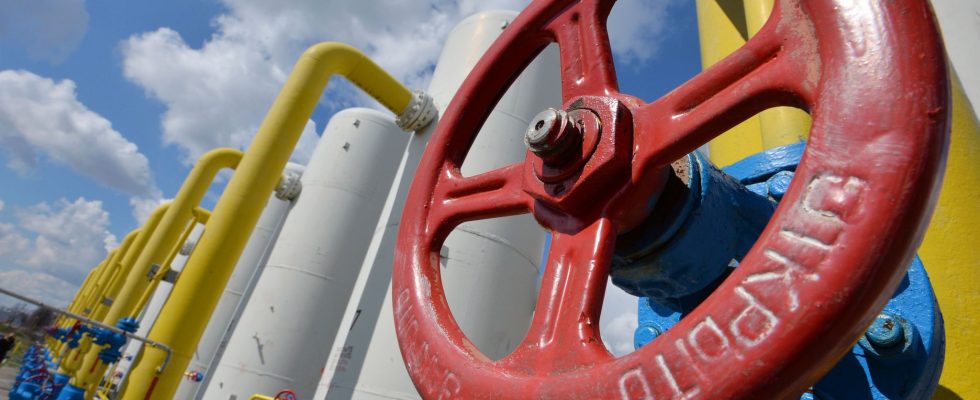Chase the Russian gas through the door, it comes back through the window. This is what seems to worry the European Union, while a gas agreement signed between Bulgaria and Turkey could have the consequences of a resurgence of Russian gas exports to Europe, which the European Union is trying to get rid of. since the start of the invasion of Ukraine.
At first glance, this agreement seems to tick the opposite objective. On January 3, the Bulgarian government announced the signing of an agreement with Turkey to end its dependence on Russian gas. Moscow indeed provided almost all of the supplies for this Eastern European country, before cutting its exports sharply following the start of the invasion of Ukraine. “We will thus be able to buy gas from all international producers and unload it in Turkey, where it suits us best logistically,” declared Bulgarian Energy Minister Rossen Hristov at the time. According to Politico, the agreement could cover up to 60% of annual gas demand in Bulgaria. It would also give access to Bulgarian pipelines to Botaş, the Turkish state gas company, to sell gas in neighboring countries, such as Romania.
“Opening the Door to Russian Gas”
But the origin of this imported gas raises questions. Today, 45% of Turkish gas supplies come straight from Russia, through the TurkStream gas pipeline, located under the Black Sea. However, according to the conditions of the agreement signed between Sofia and Ankara, Bulgaria would have no ability to know the origin of the gas it would import from Turkey. Bulgargaz, the Bulgarian state oil company, would collect the gas directly at the border with Turkey and would have no access to Turkish infrastructure. What to say to Aura Sabadus, CIHI Analyst (Independent Commodity Intelligence Services), that this contract could “very well open the door to Russian gas” in the European Union.
Because if the EU has set itself the objective of cutting off Russian gas imports by 2027, this agreement between Ankara and Sofia must last until 2035. That is almost eight years when Russia could continue to supply a Member State of the European Union, contrary to the political and diplomatic positions advocated by Brussels.
A scenario all the more conceivable as Turkey fully assumes, for its part, its desire to act as commercial intermediaries between Russia and Europe. Turkish President Recep Tayyip Erdoğan even signed an agreement with Vladimir Putin in October 2022 for Turkey to become a “gas hub” at the gates of Europe, in particular following the shutdown of the Nord Stream 1 and 2 gas pipelines. The two presidents must also see each other again this Monday, September 3, but to address a completely different subject: that of the agreement on Ukrainian cereals.
A “new era of Russian trade”?
This Bulgarian example could well presage a new strategy employed by Moscow. According to Aura Sabadus, the Bulgarian case shows that we could enter “a new era of Russian trade”. No more official and fabulous contracts, given the diplomatic situation between the European Union and Moscow: from now on, it will be more through indirect exports that Russia could continue to supply European gas pipelines.
The Bulgarian case raises fears within the mysteries of the EU. A European diplomat, quoted by Politico on condition of anonymity, expressed his “concern about third countries seeking to avoid EU sanctions”, targeting quite directly the ambiguous role played by Turkey since the start of the war in Ukraine. This same diplomat also adds: “We must all be vigilant on this point, and we will carefully monitor the origin of the imported gas.”
The Bulgarian state gas company, Bulgargaz, defended itself, again with Politico : the “fundamental prerequisite” of the agreement is that “the imported gas must come exclusively from countries not affected by sanctions, embargoes or trade restrictions”, she said. But this opacity accepted in the origin of the imported gas makes people cringe even in Bulgaria. The new reformist government elected last April, after the signing of the agreement, thus declared that this contract “should not have been signed”.
